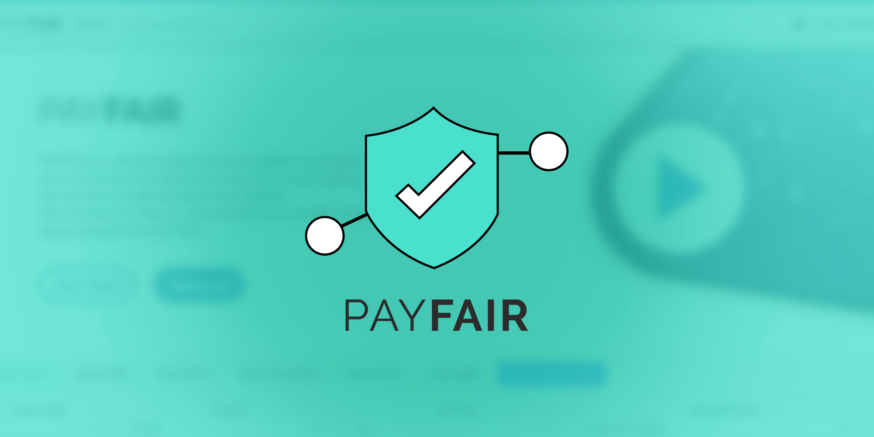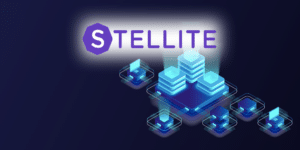Payfair is a decentralized peer-to-peer escrow platform. This means that customers of Payfair can safely and privately trade cryptocurrencies and FIAT between each other without any intermediary. Think of Localbitcoin but for a lot more than just BTC.
Escrow, in general, is used to install trust between two parties trying to trade something of value. Here’s an example, let’s say Susan is looking to buy a new power-drill online. Susan has found the drill she wants, but to buy it she has to go directly to the owner, Tim, and not through anyone selling it on behalf of Tim.
The issue is that Susan and Tim both live across the country from each other. Both are sure they want to make the trade but neither can trust that they will get what they intended, Susan a new drill and Tim the money.
So to solve the issue of trust, Tim and Susan will use a trusted escrow service to oversee that this transaction goes well for everyone. Firstly, Susan will send her payment for the drill to escrow where it will be held. Then once Tim knows that the payment is ready in escrow, he can confidently send the power-drill to Susan. After Susan gets her new drill, the escrow service releases the payment to Tim.
Payfair does what the escrow service did for Susan and Tim but on a blockchain.
How Does Payfair Work
The Payfair ecosystem is made up of four main stakeholders: buyers, sellers, Trust nodes and Escrow-nodes. In short, the buyers and sellers negotiate between a human operate Escrow-node while the Trust nodes act passively to secure and stabilize the network.
Buyers and Sellers: The contractors of the deal. Concerned with transaction safety and selling/buying goods and services (digital or not),
Trust node: Payfair (PFR) Token holders. Min. staking of 10,000 PFR
Escrow-node: Guarantors of a transaction. Min. staking of 3,000* PFR
*recently reduced from $250USD to 3,000 PFR due to market volatility.
Network Nodes
Trust nodes and Escrow-nodes are both opt-in and require staking of your PFR tokens onto Playfair’s web-based wallet. Both the nodes act as mediators in the transactions between buyers and sellers. However, Trust nodes are completely passive and handle the important job of maintaining, updating, and securing the ecosystem. Trust-nodes play a part in transactions, like cryptocurrencies, which can be settled automatically with ERC-20 smart contracts.
Escrow-nodes, on the other hand, are active roles in the Payfair ecosystem. An operator of an Escrow-node will actively resolve disputes between contractors by reviewing the logs of a trade. Escrow-node’s are served disputes based on their reputation in the Payfair rating system. Better rated nodes get more disputes.
Ranking System
All stakeholders within Payfair, aside from Trust nodes, will be able to rank each other when involved in a transaction. The idea is so that malicious or poorly functioning nodes and contractors will be weeded out and leave behind a healthier ecosystem. Ratings for both contractors and Escrow-nodes will affect the fees they pay or receive.
Fees and Commissions
Trust nodes and Escrow-nodes, alike, receive a commission for their participation. Not adjusting for rankings, commisions are earned on the fees that a buyer or seller will pay for a transaction.
Fees for non-escrow transactions are one percent. Of that one percent collected, eighty percent is distributed to the Trust nodes and the remaining twenty percent going to Payfair marketing and network support. Non-escrow transactions are any agreements between buyers and sellers on the network that did not have a dispute.
Fees for an escrow transaction (exchanges that did have a dispute) are increased to one and a half percent. In this case, of the one and a half percent collected, only one percent of the fee is distributed to Trust-nodes, the remaining ninety-nine percent being awarded to the deciding Escrow-node.
[thrive_leads id=’5219′]
The Payfair Token (PFR)
The central role of the Payfair token (PFR) is to be used for staking nodes and facilitating fees and commisions. The total number of tokens is a pre-mined 100,000,000 with eleven percent being held for the team (frozen for first 12 months). 86,000,000 were sold in two stages of their ICO and 3,000,000 was reserved for their bounty program.
Over 96% of PFR’s current trading volume is on FatBTC, however, other exchanges include IDEX, ChaoEx, and CryptalDash. The best method of storing your PFR is in an ERC-20 compatible wallet like MyEtherWallet or Metamask. Although storing PFR directly on an exchange is an option, using your own wallet is always the safest.
The Playfair Platform
The entire exchange works as a peer-to-peer platform where participants are able to directly communicate and trade with other users. Users are pseudo-anonymous by default as usernames are all that are communicated between sellers and buyers. Adding or releasing additional identifying information is up to the users during any transaction.
The Playfair platform has shy of 40 cryptocurrencies that can be paired and traded currently. Already there are some interesting pairings, including one user selling ETH for World of Warcraft in-game gold.

Payfair Overall
Payfair reinvents trust in escrow by replacing it with smart contacts. A simplified network of users and guarantors incentivized to act together; in the best interest of both the network and themselves.
Never Miss Another Opportunity! Get hand selected news & info from our Crypto Experts so you can make educated, informed decisions that directly affect your crypto profits. Subscribe to CoinCentral free newsletter now.











